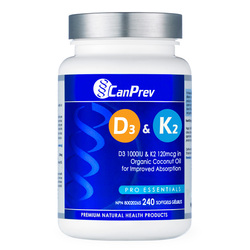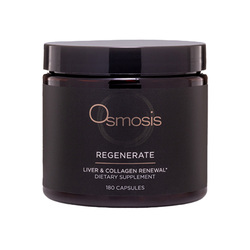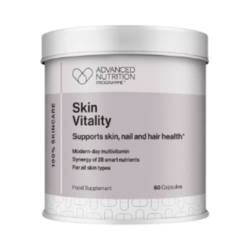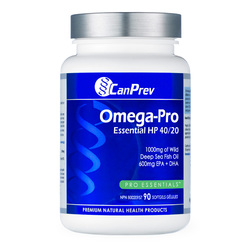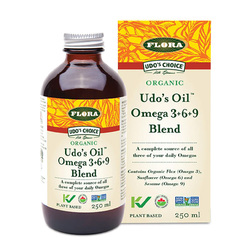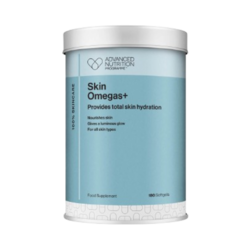Boost Health Daily with Vitamin C, D & Omega-3 Supplements
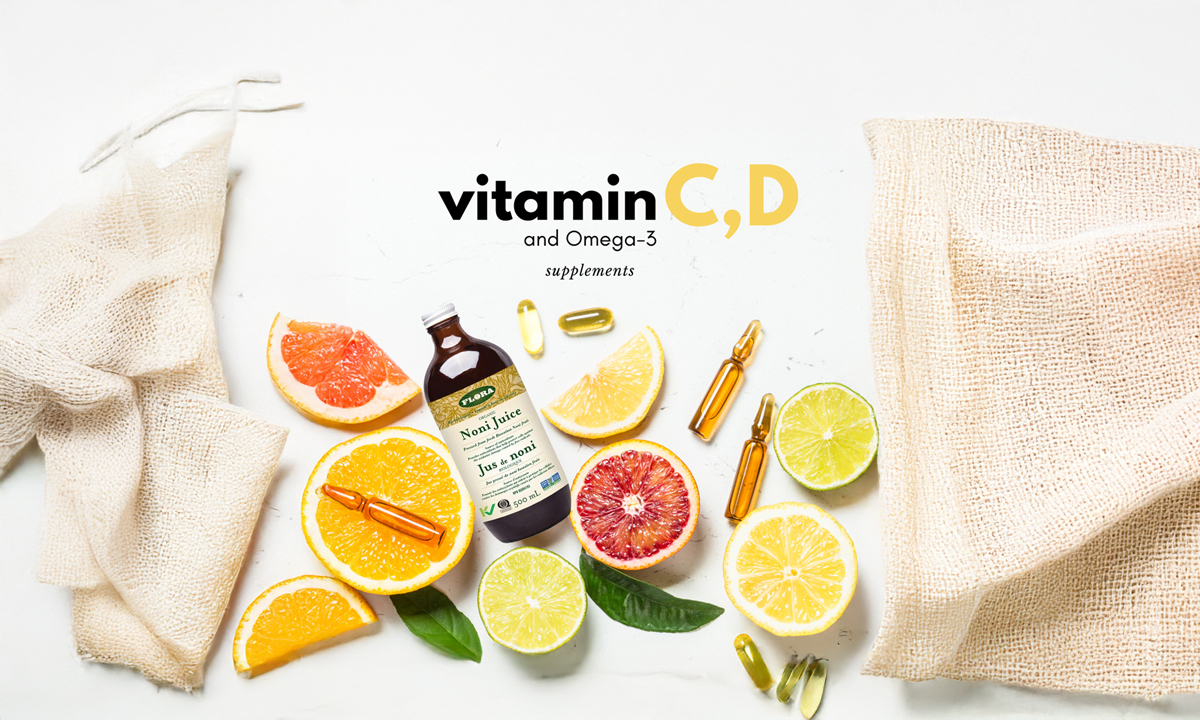
When it comes to building a wellness routine, supplements often take center stage—and three of the most popular are Vitamin C, Vitamin D, and Omega-3 supplements. These supplements provide key support for immune strength, heart health, brain function, and mood balance. But with so many supplement options on the market, it can be difficult to know which ones you truly need—or how much is safe to take.
 |
In this guide, we’ll break down the unique benefits of vitamin C, vitamin D, and omega-3, explain how they work in your body, and share safe ways to add them to your daily routine. Whether you’re already committed to a wellness regimen or just beginning to explore nutritional support, you’ll discover how to choose the right options for your goals while avoiding the risks of taking too much. |
| Disclaimer: This article is for educational purposes only and is not a substitute for medical advice. Dosages mentioned are general guidelines and may not apply to everyone. Always consult a qualified healthcare professional before starting or changing any supplement routine. |
Immunity & Mood Support: Vitamin C & Vitamin D Supplements
When it comes to staying healthy and balanced, vitamin C and vitamin D are powerhouse nutrients. Together, they help keep your immune system strong, your mood steady, and your body resilient—making them must-haves for everyday wellness.
Vitamin C—The Immune Booster & Skin Repair HeroWhen you think of immune support, Vitamin C supplements are often the first to come to mind—and for good reason. These supplements help your body produce collagen, which keeps your skin healthy and resilient, while also aiding in wound healing and tissue repair. On top of that, Vitamin C supplements provide powerful antioxidant protection, helping shield your cells from free radicals and everyday stress that contribute to aging. |
 |
It’s no surprise that Vitamin C supplements are a go-to during cold and flu season and a favorite in skincare routines. By strengthening your body’s natural defenses and promoting healthy, glowing skin, these supplements support wellness inside and out.
| Food sources: Citrus fruits (like oranges and lemons), berries, kiwifruit, bell peppers, and broccoli Supplement tip: A supportive range is usually 100–500 mg per dose. If you have a sensitive stomach, chewable or buffered Vitamin C supplements are often gentler and easier to digest. |
 |
Vitamin D—The Sunshine Vitamin for Bones, Mood & ImmunityUnlike most vitamins, Vitamin D is unique because your body can actually make it—all it takes is a little sunlight. But here’s the catch: many of us spend most of our time indoors, use sunscreen (for good reason), or live in places with limited sunshine. The result? Vitamin D deficiency is surprisingly common, and it can leave you feeling fatigued, low in mood, or struggling with bone and immune health. |
Vitamin D’s benefits go far beyond bones. Yes, it’s crucial for absorbing calcium and keeping your skeleton strong, but it also plays a role in immune regulation and has been linked to better mood and mental well-being. Some studies even suggest it may help reduce the risk of certain chronic illnesses when maintained at healthy levels.
| Sources: Sunlight, fatty fish (like salmon and mackerel), eggs, and fortified foods (such as milk or cereals) Supplement tip: Vitamin D3 is usually the most effective form. For daily support, 1,000–2,000 IU is common, though some people may safely go up to 4,000 IU under professional guidance. |
C$ 49.99
C$ 122.00
C$ 84.00
"The right nutrients should complement your lifestyle, not replace healthy habits."
Heart & Brain Health: Omega-3 Fatty Acids
Omega-3 fatty acids—especially EPA (eicosapentaenoic acid) and DHA (docosahexaenoic acid)—are essential nutrients that your body cannot make on its own. They must be obtained through food or high-quality supplements, which is why they’re considered among the most valuable additions to a wellness routine.
The Science Behind Omega-3s
Omega-3s are long-chain polyunsaturated fatty acids (PUFAs) that play a structural and functional role in nearly every cell of the body. DHA, in particular, is a critical component of cell membranes in the brain and retina, where it influences cell signaling, communication, and development. EPA, on the other hand, is known for its role in producing anti-inflammatory molecules called eicosanoids, which help balance the body’s inflammatory response.
 |
Research consistently shows that Omega-3 supplementation contributes to:
-
Heart health: Clinical studies suggest that omega-3 supplements can reduce triglycerides by up to 30%, help maintain healthy blood pressure, and support overall cardiovascular function. These benefits are linked to improved circulation and reduced risk factors for heart disease.
-
Brain health: Adequate DHA intake supports cognitive performance, focus, and memory, while also promoting mood regulation. Some studies indicate that omega-3 supplementation may reduce the risk of age-related cognitive decline and support mental well-being.
-
Joint support: The anti-inflammatory properties of omega-3s may ease joint stiffness and discomfort, making supplements especially beneficial for those with inflammatory conditions or active lifestyles.
Food sources: Fatty fish such as salmon, sardines, and mackerel are the richest natural sources. Plant-based options include flaxseeds, chia seeds, and walnuts, though these provide ALA (alpha-linolenic acid), which must be converted to EPA and DHA in the body—a process that is often inefficient.
Supplement sources: For consistent intake, Omega-3 supplements are a practical solution. Options include fish oil, krill oil, and vegan algal oil supplements, the latter being a sustainable source of DHA suitable for plant-based lifestyles.
Supplement tip: A general guideline is 250–1000 mg of combined EPA and DHA per day, though higher doses may be recommended under professional guidance for specific health needs. For best results, take Omega-3 supplements with meals containing fat to enhance absorption.
C$ 27.99
C$ 22.49
C$ 140.00
How to Choose the Right Supplement—Safely
With so many options on the shelves, it’s important to remember that not every supplement is created equal. The right supplement choice depends on your health goals—whether you’re looking to boost immunity, support energy, aid digestion, or protect your heart and brain.
Overuse & Overdose Risks
While supplements can be incredibly beneficial, more is not always better. In fact, over-supplementation can cause harm, especially with fat-soluble vitamins or high-dose fish oils.
Vitamin C supplements: Safe in moderate doses, but exceeding 2,000 mg/day may lead to diarrhea, nausea, or even kidney stones.
Vitamin D supplements: Doses above 4,000 IU/day can cause hypercalcemia (too much calcium in the blood), potentially damaging the kidneys, heart, or blood vessels.
Omega-3 supplements: Generally safe, but very high intakes (above 3–5 g/day) may thin the blood, increasing bleeding risk and affecting clotting.
Steps to Choosing a Quality SupplementWhile supplements can be incredibly beneficial, more is not always better. In fact, over-supplementation can cause harm, especially with fat-soluble vitamins or high-dose fish oils.
|
“Supplements work best when chosen with care and aligned to your goals.”
Wrapping Up: Smarter Choices for Better HealthVitamin C, vitamin D, and omega-3s are more than wellness trends—they’re essential nutrients that support your immunity, mood, heart, and brain health. The key is using them wisely and in safe amounts. To get the most out of your routine, identify your health goals, check labels carefully, and consult a professional if you’re unsure. Most importantly, remember that these nutrients are meant to complement a balanced lifestyle, not replace it. Disclaimer: This article is for educational purposes only and is not a substitute for medical advice. Dosages mentioned are general guidelines and may not apply to everyone. Always consult a qualified healthcare professional before starting or changing any supplement routine. |
